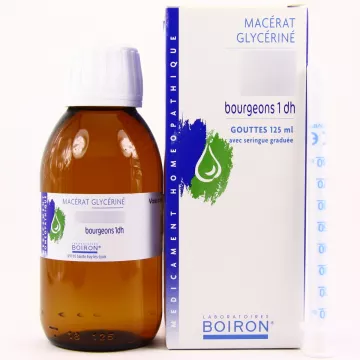
Post-traumatic stress is a complex disorder requiring a deep understanding and a personalized approach to treatment. Recognizing symptoms and seeking professional help is the first step towards recovery. With the right support, individuals can overcome PTS and regain quality of life. It is essential not to underestimate the importance of support from loved ones and early consultation with mental health professionals.
Post-traumatic stress, also known by the acronym PTS, refers to a set of psychological reactions that can occur after experiencing or witnessing traumatic events. These events can include accidents, assaults, natural disasters or any life-threatening experience.
Symptoms of PTS vary from person to person, but generally include flashbacks, nightmares, heightened anxiety, avoidance of memories or places associated with the event.vitement of memories or places linked to the traumatic event, mood swings, and a feeling of being constantly on guard. Recognizing these signs is crucial to seeking the help you need.
The diagnosis of PTS is made by a qualified mental health professional, based on a detailed assessment of the patient's symptoms. It is important to discuss your experiences and feelings openly with your doctor or therapist.
Treatments for PTS include psychotherapy, such as cognitive-behavioral therapy (CBT), exposure therapy, and, in some cases, medication may be prescribed to manage symptoms. The therapeutic approach is tailored to individual needs.
Although it's not always possible to prevent PTSD, having a strong support network, practicing stress management techniques and consulting a mental health professional after a traumatic event can reduce the risk of developing PTSD.
Post-traumatic stress can have a profound impact on the daily lives of sufferers. Simple daily tasks can become difficult due to symptoms such as anxiety, sleep disturbance and difficulty concentrating. Personal and professional relationships can also be affected, as PTS can lead to social withdrawal and increased irritability.
The duration of PTS symptoms varies greatly from person to person. For some, symptoms may begin to subside within a few months with appropriate treatment, while for others they may persist for years. It's important to remember that each individual recovers at his or her own pace.
Yes, children can also be affected by post-traumatic stress. They may not manifest their symptoms in the same way as adults, exhibiting instead behaviors such as repetitive trauma-related play, disturbing drawings, or a return to more infantile behaviors. It's crucial to be alert to behavioral changes in children who have experienced traumatic events.
Yes, there are support groups dedicated to people suffering from post-traumatic stress. These groups offer a safe space to share experiences and coping strategies, and to receive support from individuals who truly understand what you're going through. They can be a valuable resource in the healing journey.
To help someone suffering from PTS, it's important to listen without judgment and provide constant support. Encourage the person to seek professional help, and offer to accompany them to appointments if they wish. Be patient and understanding, recognizing that the road to recovery can be long and difficult.